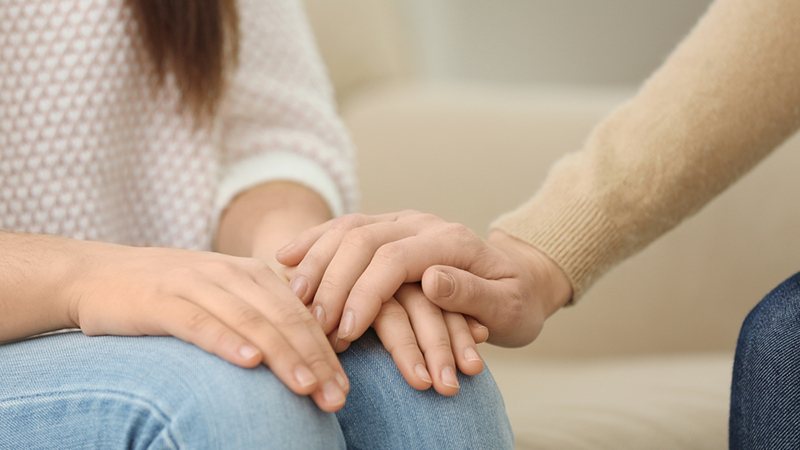Think back to the time before you were an expat. For some, it may have only been a few months ago; while for others, it probably feels like a faraway memory. Do you remember when you first moved overseas? The wonder and excitement of a new city, culture, food, people, language and job is often enough to get us exclaim how much we love our new home.
Over time, though, the excitement and awe can start to wear off. Food that was once exotic becomes ordinary. The pressures of work, finding new friends and a social life are often enough to make many consider why they left their home in the first place. You can start to miss your family and your past lifestyle – and sometimes even feel like packing up and leaving. With COVID-19, border closures and the inability to travel may make you feel even further away from home. And this is all before even considering the worry of contracting the virus itself.
Speaking to others, some may suggest that you’re merely homesick and that you’ll “get over it”. But what if these feelings are not just that? As an expat, the lifestyle you lead could place you at a high risk of developing mental health issues, more specifically depression. Indeed, studies such as this one conducted in the US show that expatriates are at a greater risk of facing mental health issues.

Depression in Singapore
In 2015, the World Health Organisation found that Singapore had one of the highest rates of depression in Asia. A later study on mental health by the Ministry of Health and Institute of Mental Health (started in 2016 and released in 2018) revealed that there’s still a large majority of people with mental disorders who haven’t sought professional help. While it didn’t look into the reasons for this, past research has shown that common ones include concerns about a stigma associated with mental health as well as not being able to spot the symptoms.
Through the COVID-19 pandemic, mental health support hotlines have also been seeing a surge in calls. The Singapore Association for Mental Health Insight Centre found that phone calls increased by 50% in February and March 2020 compared to averages from April 2019 to January 2020.
Common signs
The first step is being able to to recognise the common symptoms associated with depression. These include (but aren’t limited to):
- Persistent sadness
- Fatigue
- Lack of motivation
- Thoughts of death or suicide
Official government and medical practice websites offer a lot of good information and references that can be helpful. For instance, the Institute of Mental Health’s website lists details about the causes and symptoms of depression, as well as treatment options.
What can you do?
#1 Seek professional help
Don’t be afraid to seek help if you observe signs of depression. Ignoring the issue will only exacerbate it.
Be it a counsellor or a doctor, it can be comforting and helpful to talk things through with someone and find out what treatment options are available to help you cope and get better.
#2 Plan something to look forward to
Doing something fun is a great way to deal with negativity and can help to take your mind off the stresses of the current situation.
There may be many restrictions now but there are still things you can do. You could plan a (small) get-together with friends, have a Zoom call with loved ones overseas, dine out at your favorite restaurant or even book a staycation.
#3 Check your health insurance coverage!
Not all health insurance plans cover mental health issues and the high price of treatment can lead to some people forgoing treatment. To avoid being stuck in such a scenario, review your plan and find out if mental health is covered.
You can speak to insurance providers such as Pacific Prime Singapore that specialise in expat health insurance. Their staff can help you to find a plan that not only covers mental health or pandemics but also answer any questions you may have.
Written in collaboration with:
Pacific Prime Singapore
18 Cross Street, China Square Central, #14-05
6346 3781 | pacificprime.sg
Read on for more about insurance and other health and fitness topics in Singapore:
Top six health issues in Singapore
Local vs international health insurance






